For Memorial Day, we feature an article by David Blight about the early origins of the holiday, led by African Americans in Charleston, South Carolina, after the Civil War; an article by Howard Zinn urging us to never embark on mass slaughter again; and the documentary and companion oral history collection, Memorial Day Massacre: Workers Die, Film Buried.
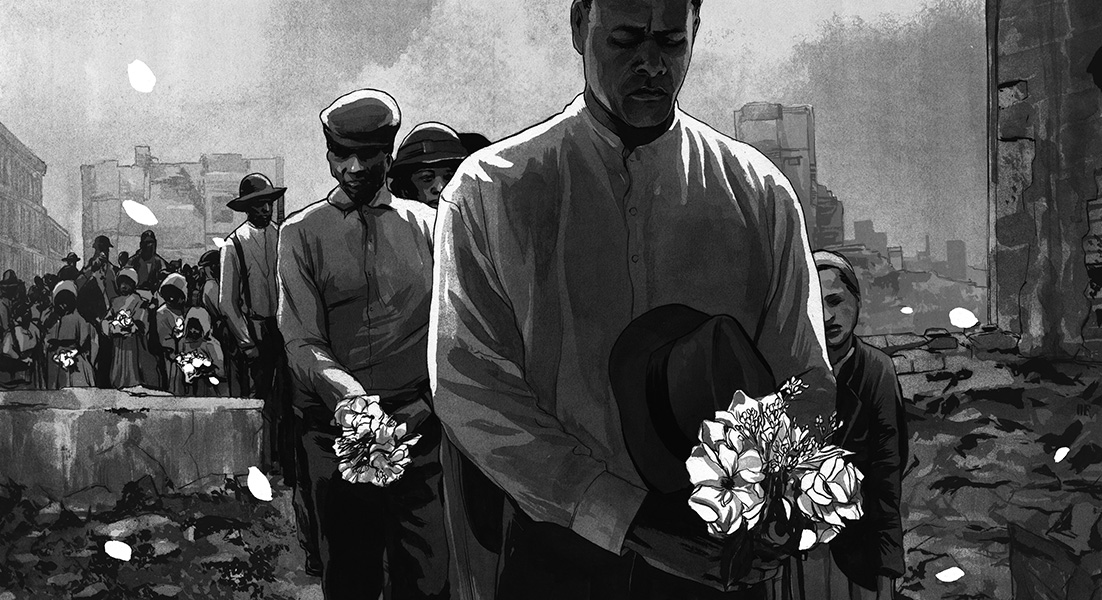
Memorial Day illustration for the New York Times Op-Ed page on the origin of Memorial Day. © Owen Freeman. Used here with permission of the artist, www.owenfreeman.com.
The First Decoration Day
By David Blight
Americans understand that Memorial Day, or “Decoration Day,” as my parents called it, has something to do with honoring the nation’s war dead. It is also a day devoted to picnics, road races, commencements, and double-headers. But where did it begin, who created it, and why?
As a nation we are at war now, but for most Americans the scale of death and suffering in this seemingly endless wartime belongs to other people far away, or to people in other neighborhoods. Collectively, we are not even allowed to see our war dead today. That was not the case in 1865.
At the end of the Civil War the dead were everywhere, some in half buried coffins and some visible only as unidentified bones strewn on the killing fields of Virginia or Georgia. Americans, north and south, faced an enormous spiritual and logistical challenge of memorialization. The dead were visible by their massive absence. Approximately 620,000 soldiers died in the war. American deaths in all other wars combined through the Korean conflict totaled 606,000. If the same number of Americans per capita had died in Vietnam as died in the Civil War, 4 million names would be on the Vietnam Memorial. The most immediate legacy of the Civil War was its slaughter and how we remember it. Continue reading.
Whom Will We Honor Memorial Day
By Howard Zinn
Memorial Day will be celebrated as usual, by high-speed collisions of automobiles and bodies strewn on highways and the sound of ambulance sirens throughout the land.
It will also be celebrated by the display of flags, the sound of bugles and drums, by parades and speeches and unthinking applause.
It will be celebrated by giant corporations, which make guns, bombs, fighter planes, aircraft carriers and an endless assortment of military junk and which await the $100 billion in contracts to be approved soon by Congress and the President.
There was a young woman in New Hampshire who refused to allow her husband, killed in Vietnam, to be given a military burial. She rejected the hollow ceremony ordered by those who sent him and 50,000 others to their deaths. Her courage should be cherished on Memorial Day. There were the B52 pilots who refused to fly those last vicious raids of Nixon’s and Kissinger’s war. Have any of the great universities, so quick to give honorary degrees to God-knows-whom, thought to honor those men at this Commencement time, on this Memorial Day?
No politician who voted funds for war, no business contractor for the military, no general who ordered young men into battle, no FBI man who spied on anti-war activities, should be invited to public ceremonies on this sacred day. Let the dead of past wars he honored. Let those who live pledge themselves never to embark on mass slaughter again. Continue reading.
Memorial Day Massacre
Check out the documentary and companion oral history collection, Memorial Day Massacre: Workers Die, Film Buried about the 1937 Memorial Day Massacre, when police in Chicago shot at and gassed a peaceful gathering of striking steelworkers and their supporters, killing 10 people, most of them shot in the back.
Learn about the book and film in this Democracy Now! segment.
It was a time like today, when unions were growing stronger. The workers were on strike against Republic Steel, and the police attacked them with weapons supplied by the company. The tragic story is told in a new PBS documentary. “The mass media, right up to The New York Times, was supporting the police story that they had no choice but to open fire on this mob,” says Greg Mitchell, who directed the PBS documentary, Memorial Day Massacre: Workers Die, Film Buried, and edited a companion book that is the first oral history on the tragedy. The film was produced by Lyn Goldfarb.
Watch the DN! clip below.

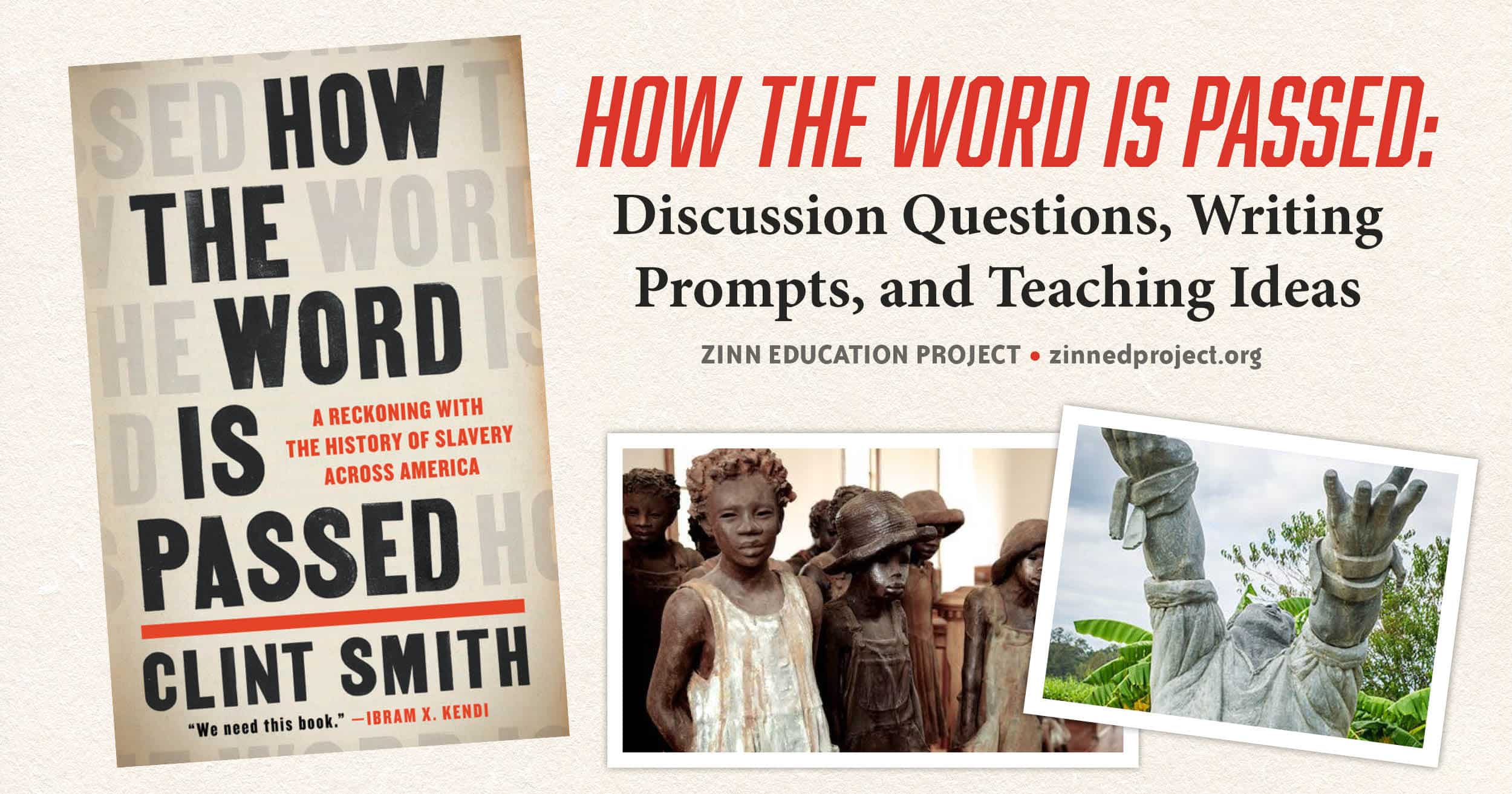
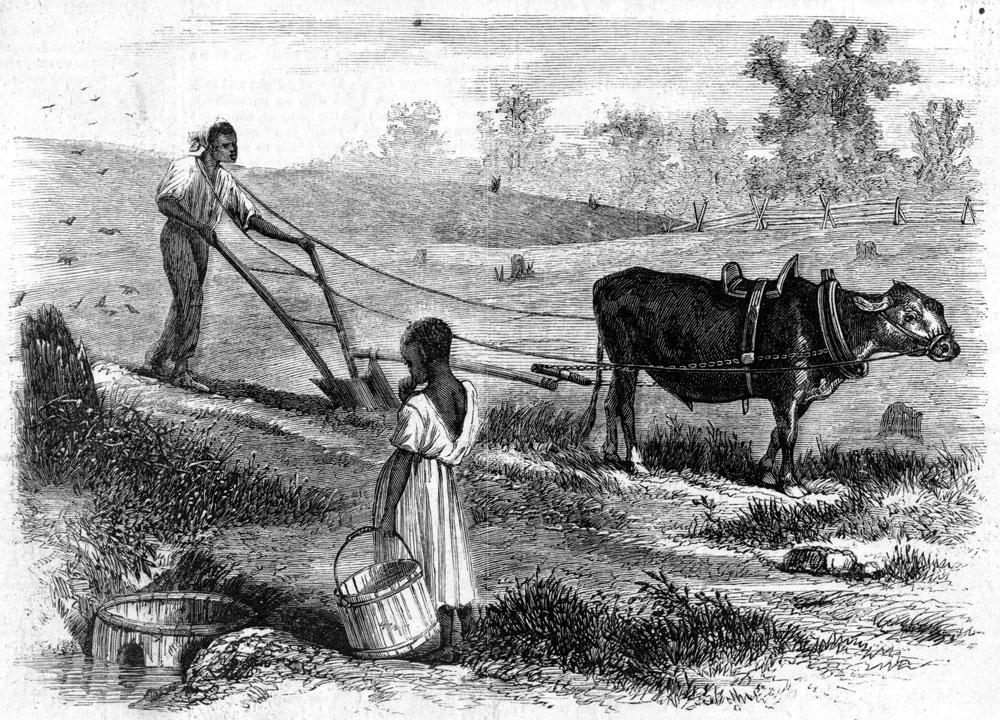
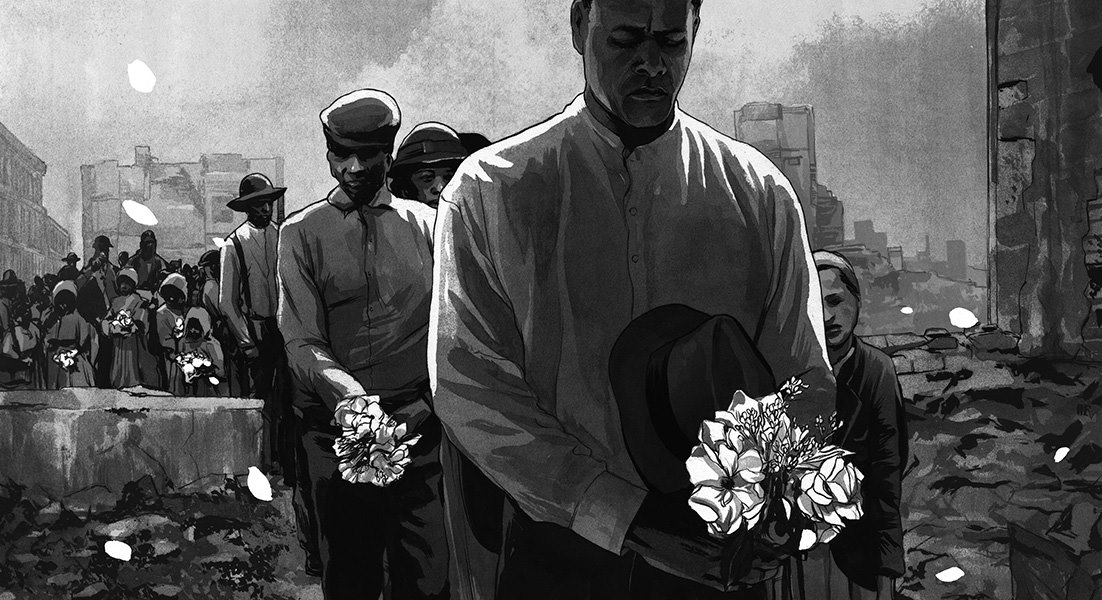
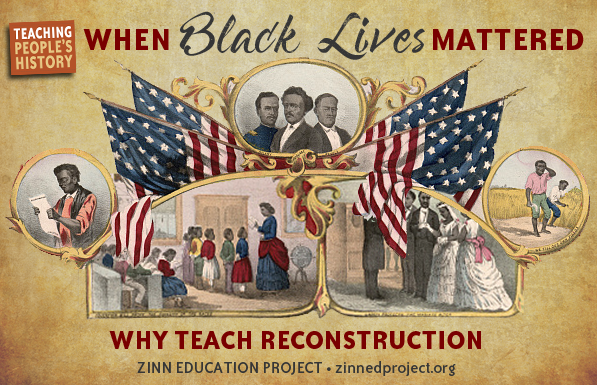
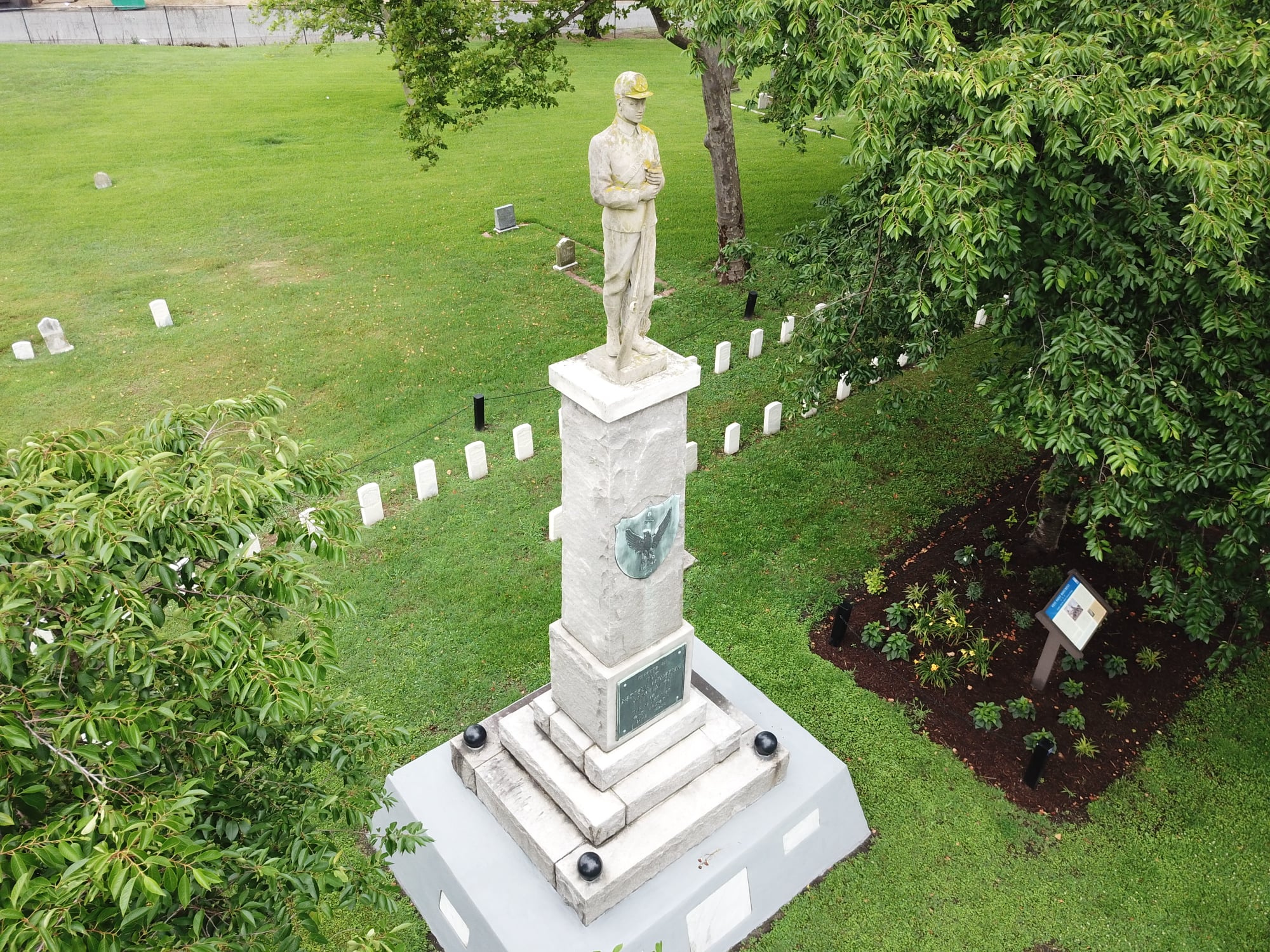
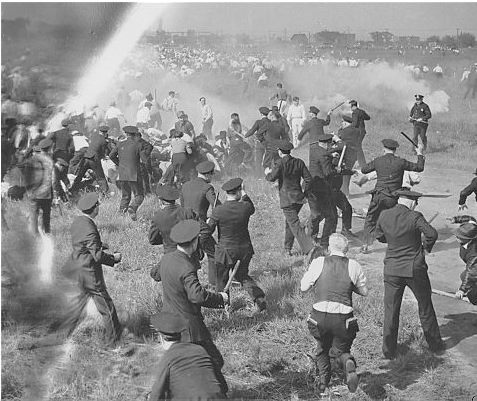





Twitter
Google plus
LinkedIn